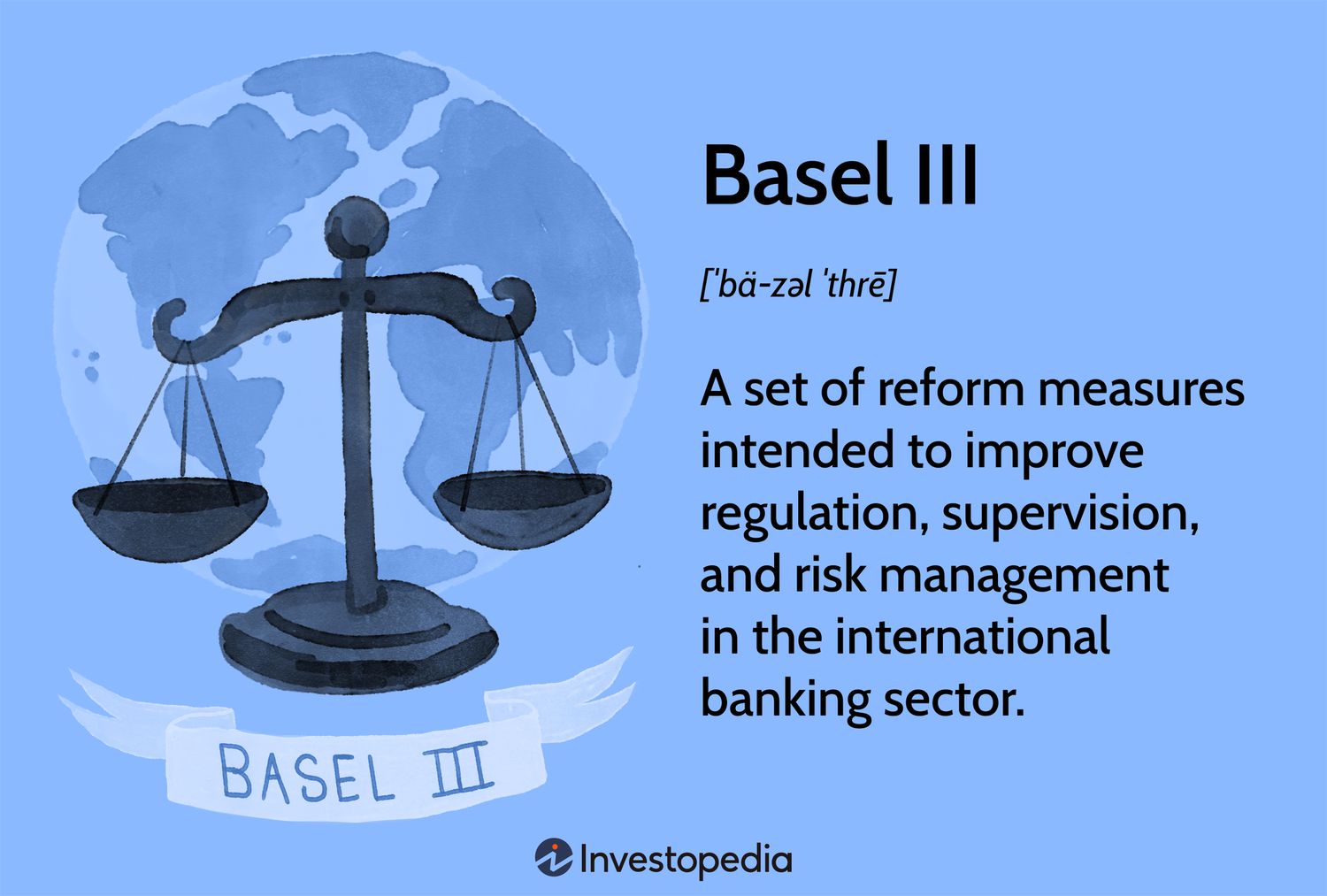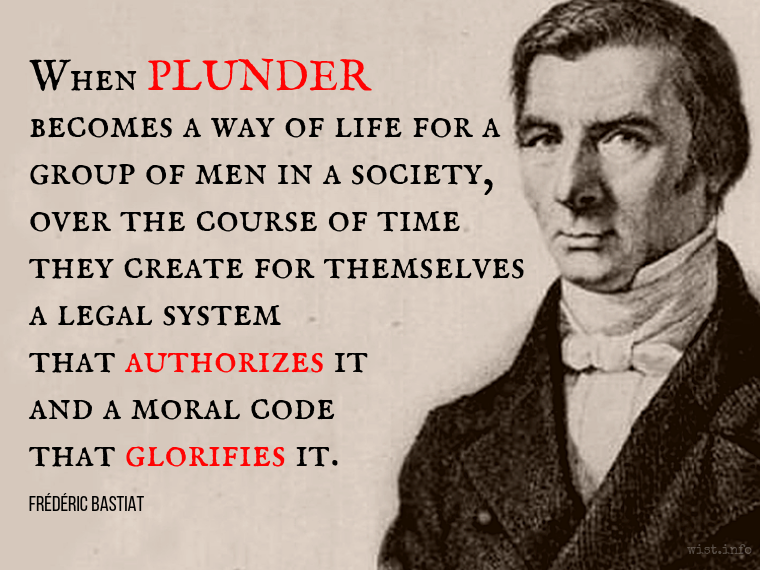Britain’s Racism, Xenophobia, and the Imperialist Hostility Toward Europe and its Citizens
In the years leading up to and following the Brexit referendum, a troubling undercurrent of racism and xenophobia against European citizens became increasingly visible in British society. While hostility toward immigrants has long existed in the United Kingdom—often aimed at non-white or postcolonial subjects—the Brexit era marked a shift: white Europeans, particularly from Eastern and Southern Europe, began experiencing similar forms of suspicion, exclusion, and outright discrimination. This development challenges simplistic understandings of British racism as only racially motivated, revealing deeper anxieties about identity, sovereignty, and Britain’s place in the world. The 2004 expansion of the European Union, which allowed citizens of countries like Poland, Romania, and Bulgaria to work and live freely in the UK, was met with sharp backlash from sections of the British media and public. Tabloids routinely depicted Eastern Europeans as benefit surfers, criminals, or job stealers, fueling a moral panic that dehumanised entire communities. This rhetoric seeped into political discourse, culminating in the 2016 referendum, where “taking back control” became a euphemism not only for legislative autonomy but for controlling borders and limiting migration, particularly of Europeans. Post-Brexit, EU citizens residing in Britain faced new bureaucratic hurdles, surveillance, and social stigma, often being told to “go back home” despite having lived and worked in the UK for years, contributing to its economy and society.
This xenophobia was not limited to Eastern Europeans. Southern Europeans—Italians, Spaniards, Greeks—were also targets, while French and German nationals, too, were viewed with suspicion, sometimes framed as cultural elites or bureaucratic colonisers through the EU. These attitudes underscore a broader British discomfort with European integration, in which proximity to the continent—culturally, economically, or politically—is framed as a threat to nationalist purity and self-determination.
Paranoid Xenophobia and Exploitation of Migrant Workers
The UK’s immigration policies have increasingly reflected a xenophobic and exploitative stance, particularly affecting migrant workers. The “hostile environment” policy, designed to make staying in the UK as difficult as possible for individuals without leave to remain, has fostered a climate of fear and discrimination. This policy has led to wrongful detentions, denial of healthcare, and other human rights violations, disproportionately impacting migrants and ethnic minorities. Post-Brexit labor shortages have led to the implementation of schemes like the Seasonal Worker Scheme, intended to fill gaps in sectors such as agriculture and care. However, these schemes have been marred by reports of exploitation, including deceptive recruitment practices, exorbitant fees, debt bondage, and substandard living conditions. UN experts have expressed concern over these practices, highlighting the urgent need for reform to protect migrant workers’ rights.Business & Human Rights Resource Centre+2UN News+2The Guardian+2 Furthermore, research indicates that the UK’s immigration rules post-Brexit have increased the vulnerability of migrant workers to modern slavery. The fear of immigration enforcement has deterred victims from reporting exploitation, while underfunded enforcement agencies lack the capacity to proactively audit workplaces.The Guardian+1The Guardian+1
The UK’s current policies and political climate pose significant threats to European legal cooperation and the rights of EU citizens and migrants within its borders. The combination of potential withdrawal from human rights frameworks, systemic exploitation of migrant labor, and a pervasive xenophobic narrative underscores the need for vigilant international oversight and advocacy to safeguard human rights and uphold the principles of cooperation and mutual respect.
British Imperialist Hatred Toward the European Union
The roots of British hostility toward the European Union run far deeper than economic anxieties or immigration policy. They are entangled in the ideological residue of British imperialism—a lingering sense of exceptionalism and superiority born from centuries of global dominance. Many in Britain have historically viewed the EU as an affront to British sovereignty and an illegitimate authority over a nation that once ruled a quarter of the world. The idea of taking orders—or even merely participating in shared governance—with continental Europeans is, for some, psychologically intolerable.
This imperial hangover explains the particularly venomous tone often directed at Brussels. EU bureaucrats are portrayed not simply as inefficient but as foreign overlords, echoing colonial tropes in reverse. In this context, British hostility toward Europe is not merely about policy disagreements. It is an expression of an unconscious resentment: that the world no longer bends to British will. The European Union, with its emphasis on compromise, equality among nations, and post-national identity, challenges Britain’s self-image as a dominant world power. Rather than accept a new role as an equal among partners, British political culture—especially its right-wing press and establishment figures—has often chosen nostalgia and defiance, cloaking its imperial grief in the language of patriotism and nationalist repression. The collective delusion and nostalgia for Britain’s imperial past, framing Brexit as a reclamation of independence and global standing. Post-Brexit, this imperialist hostility has manifested in strained relations with EU countries and institutions. The UK’s approach to EU relations continues to be influenced by its historical self-image as a dominant global power, complicating efforts toward cooperation and mutual understanding.
Britain’s Post-Brexit Negotiations: Damage Control and Hidden Threats
Post-Brexit attempts by the United Kingdom to renegotiate or soften aspects of its relationship with the European Union are largely exercises in damage control—efforts to extract economic and regulatory benefits without adhering to the shared responsibilities, standards, and legal frameworks of the European Union market. The UK’s approach often resembles an attempt to cherry-pick favourable terms (e.g., access to the single market, participation in scientific programs, or favourable trade protocols) while refusing to align with the European Court of Justice, regulatory harmonisation, or EU environmental and labor standards. These efforts betray an ongoing reluctance to operate as a cooperative partner and reflect a deep-rooted belief in British exceptionalism, wherein rules are seen as constraints imposed by lesser powers rather than as structures of mutual benefit.
The current Labour government’s engagement with the EU—while more pragmatic and diplomatic than its Conservative predecessors—should not be mistaken for a stable reorientation of British politics. Rather, it masks a deeper volatility: the rising probability of an ethno-nationalist, far-right populist government in the near future. This looming political shift threatens to further destabilise UK-EU relations, especially through open hostility to the European Convention on Human Rights (ECHR) and the EU Charter of Fundamental Rights. Right-wing elements in the UK have already signalled their intent to withdraw from or dishonour international human rights treaties, portraying them as foreign impositions undermining British sovereignty. Should such a government take power, it may formally renounce cooperative frameworks, escalate anti-EU rhetoric, and intentionally undermine European institutions and norms. The long-term risk is not merely a Britain outside the EU but a Britain actively working to dismantle or discredit the European project itself—viewing it as an ideological rival and geopolitical competitor to be weakened, not respected.
Post-Brexit Negotiations: Strategic Opportunism and Future Threats
The United Kingdom has repeatedly attempted to renegotiate aspects of its relationship with the European Union, not in the spirit of mutual cooperation, but as a form of damage control driven by national self-interest. Successive governments, including the current Labour administration, have sought to cherry-pick the benefits of EU membership—such as frictionless trade, access to the Single Market, and scientific or academic cooperation—while avoiding the obligations, such as adherence to EU regulations, financial contributions, or the jurisdiction of the European Court of Justice. These efforts illustrate a fundamental inconsistency: Britain wishes to retain the economic privileges of integration without paying its dues or aligning with the normative frameworks and rule of law that underpin the Union. Such an approach mirrors the extractive logic of imperial entitlement, seeking advantages without accountability, and undermines trust among EU member states.
Worryingly, this strategy may only be a temporary facade. While the Labour government presents a more pragmatic and diplomatic face to Brussels, it masks a deeper, unresolved ideological rift within British politics. The risk looms large that a future ethno-nationalist or far-right populist government, rising from the ashes of anti-migrant rhetoric, tabloid-driven Europhobia, and English exceptionalism, will not only dismantle the modest efforts at rapprochement, but also actively repudiate fundamental human rights commitments. There are credible threats that a future government may withdraw from the European Convention on Human Rights (ECHR), abandon the EU Charter of Fundamental Rights, and violate bilateral or multilateral treaties with the EU. Such a government would likely weaponise sovereignty discourse to reject transnational legal norms and institutional cooperation, causing systemic harm not only to EU-UK relations but to the security and rights of European citizens residing in Britain. Behind the tactical negotiations of today lies the latent hostility of tomorrow—a revanchist ambition to damage, weaken, or even ideologically “defeat” Europe, echoing the imperial psychology that views cooperation not as partnership, but as capitulation.
The Crime of Dishonouring the European Convention on Human Rights could become the NATO Dilemma
The worst-case scenario involving the United Kingdom’s withdrawal from the European Convention on Human Rights (ECHR) would mark a grave turning point, not only for domestic civil liberties but also for its international legal credibility and standing within NATO. The ECHR is not merely a symbolic charter—it is a binding legal instrument adopted in the aftermath of World War II to prevent the recurrence of fascist abuses, and its principles form part of the constitutional framework of postwar Europe. To withdraw from the European Convention of Human Rights would mean to reject the post-Nuremberg consensus on universal human rights, and, in effect, signal that the UK no longer considers itself bound by the foundational legal norms of Europe’s democratic order and international treaties and conventions on human rights.
Withdrawal from the European Human Rights Convention would not be a mere policy shift—de facto would constitute a de facto breach of the Good Friday Agreement, which is underpinned by ECHR protections, and a flagrant violation of the UK’s treaty obligations under the EU Withdrawal Agreement. More broadly, it would constitute a form of legal secession from the Western democratic framework and would carry the moral weight of an international crime: a state deliberately dismantling rights protections to target vulnerable populations, including asylum seekers, refugees, and European citizens, that are citizens of 27 member States of Europe, NATO Countries and are all represented at the United Nations.
NATO, which defines itself as a defensive alliance of liberal democracies, would be forced to reconsider the UK’s credibility as a partner. Article 2 of the North Atlantic Treaty commits members to uphold “the principles of democracy, individual liberty and the rule of law.” A UK outside of the ECHR would be aligned not with liberal democracies, but with authoritarian governments that deny international oversight. This could provoke unprecedented tensions within NATO and calls from European allies to downgrade Britain’s participation in certain missions, especially those involving civilian protection, intelligence cooperation, and democracy-building. The withdrawal from the ECHR would thus not only be a domestic authoritarian turn, but a strategic act of isolation from the very transatlantic alliance system Britain claims to lead. It would expose the UK as a rogue state masquerading as a democratic power while engaging in ideological and political vandalism against international treaties. Should the UK formally withdraw from the European Convention of Human Rights —a step openly entertained by members of the British Conservative Party, radical ethno-nationalist factions, as well as ReformUK Party—it would breach the normative foundations that bind NATO states. This could trigger a serious diplomatic catastrophe, particularly with allies such as France, Germany, and the United States, who may come to question the UK’s commitment to the liberal-democratic order that NATO purports to defend. In the long run, such a move could delegitimise the UK’s voice within NATO councils, compromise joint security frameworks, and even provoke discussions about limiting and restructuring Britain’s role in NATO missions, especially those tied to civil rights, democracy promotion, and legal accountability. The UK’s legal regression would thus become a geopolitical liability, potentially indefinitely isolating the UK as a rogue country from both the European and Atlantic spheres.
In the context of any United Kingdom Government withdrawal from the European Convention of Human Rights Treaty and the EU Charter of Human Rights Treaty, in such a scenario, the European Union—particularly the European Commission and the European Parliament—could be compelled to respond with unprecedented steps. A unilateral withdrawal perpetrated by the United Kingdom from the European Convention on Human Rights would likely require the invocation of the principle of rebus sic stantibus (“things thus standing”), a customary doctrine in international law which allows for the termination or suspension of treaties when fundamental circumstances change. The potential UK’s rejection of the ECHR and EU Charter of Human Rights would constitute a radical breach of the human rights framework that underpins not only the Good Friday Agreement but also multiple post-Brexit cooperation arrangements with the EU, including the Trade and Cooperation Agreement (TCA). EU legislators could argue that the UK’s withdrawal from these fundamental commitments constitutes a material change of circumstances sufficient to justify the cessation of treaties. The European Commission may then see itself obliged to recommend the full suspension of multilateral legal instruments, including judicial cooperation, data-sharing, research collaboration, and even trade preferences. The European Parliament, which has grown increasingly vocal on human rights issues, would likely support such measures on the grounds that the UK would no longer be considered a trustworthy democratic country committed to the rule of law. This would not only isolate Britain from the European legal order but also create a cascading rupture in EU-UK relations, with devastating economic, diplomatic, and security consequences for both parties. Ultimately, Britain’s authoritarian trajectory could force the EU to treat it not as a former partner, but as a threat to the shared values of postwar Europe.


